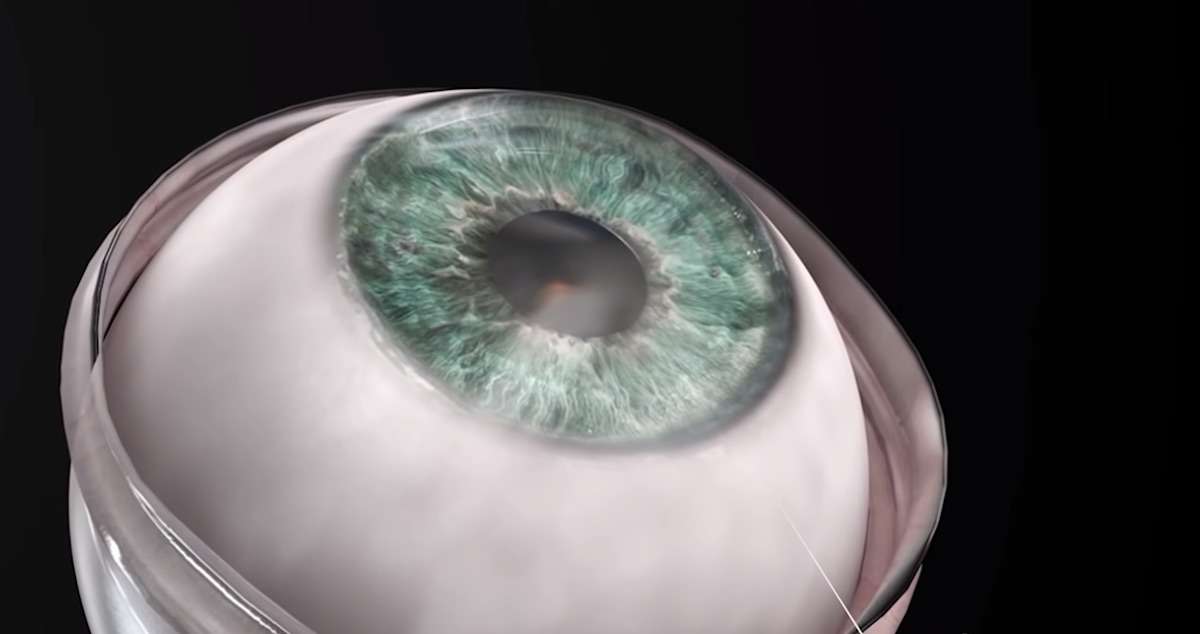Same Technology Behind Pfizer COVID-19 Vaccine is Leading Researchers to Possible MS Breakthrough
German pharma company BioNTech which helped produce the COVID-19 vaccine says they have just cured multiple sclerosis (MS) in mice.

Things are looking up for the first patient ever to receive an artificial cornea implant, after he was able to see his family upon waking up.
The 78-year-old man could even pass the classic eye exam test of identifying numbers and letters from a distance.
Developed by an Israeli firm called CorNeat, the KNet implant actually merges with natural human tissue, meaning it can integrate directly with the eye wall and replace scarred or damaged cornea through injury or disease.
"The surgical procedure was straight forward and the result exceeded all of our expectations," said Professor Irit Bahar, director of the Ophthalmology Department at Rabin Medical Center.
10 more people are currently signed up to receive the implant.
"The moment we took off the bandages was an emotional and significant moment. We are proud of being at the forefront of this exciting and meaningful project which will undoubtedly impact the lives of millions," said Bahar.
The cornea is a clear shield that protects the frontal part of the eye, and can be damaged or degenerate for various reasons. Implants already exist that partially replace the cornea under such conditions, but the surgeries are often complex.
The KNet features biomimetic technology comprised of a skirt of special material that actually receives colonizing collagen and fibroblast cells, gradually and permanently embedding them within the eyeball.
"After years of hard work, seeing a colleague implant the CorNeat KPro with ease and witnessing a fellow human being regain his sight the following day was electrifying and emotionally moving, there were a lot of tears in the room," said CorNeat Vision co-founder Dr. Gilad Litvin.
SHARE This Story So Pals Can See the Good News, Too…
Be the first to comment